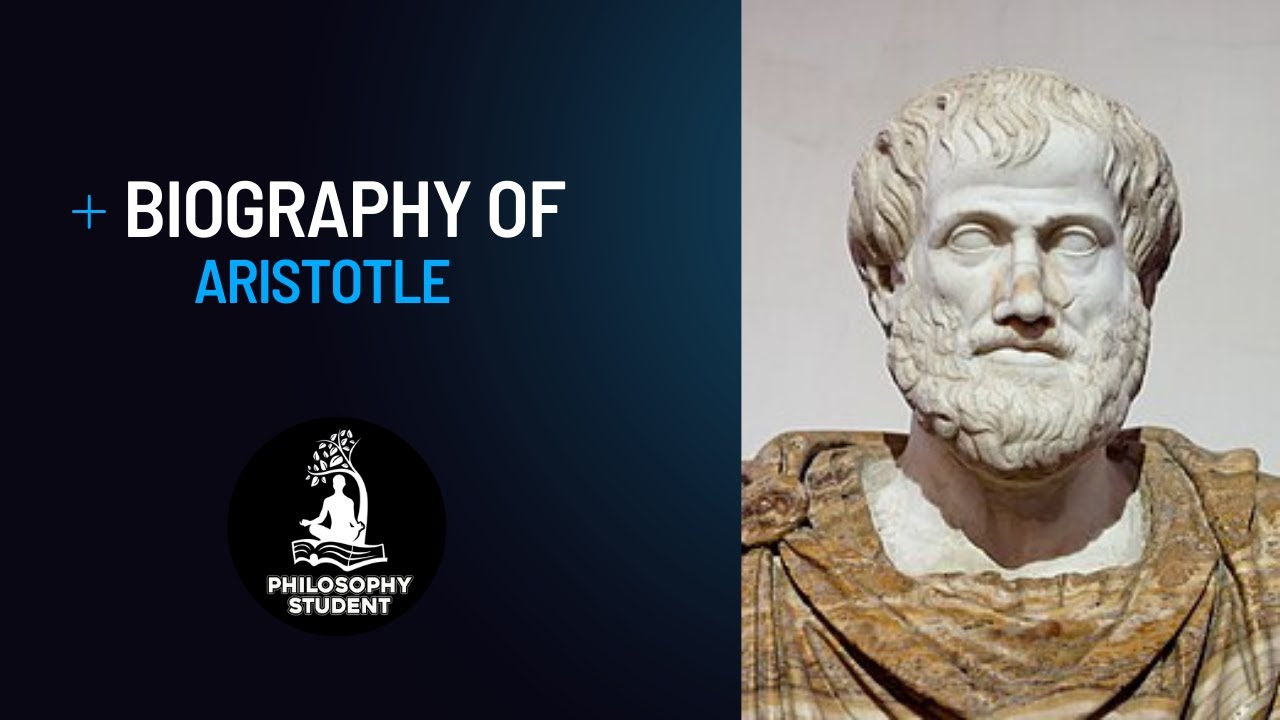Aristotle is second only to Plato as a towering figure in philosophy and Western civilization. His influence on the course of philosophy from his own time and through the Renaissance is foundational. The range of his surviving works—some thirty-two treatises out of a corpus conjectured to number close to two hundred—is staggering. He wrote in the philosophical fields of logic, mind, epistemology, metaphysics, ethics, political theory, aesthetics, and rhetoric as well as in science, including physics, astronomy, geology, biology, and psychology. Aristotle was a virtuosic theorist but also an intensely observant empiricist. So compelling is Aristotle’s work that scholars of the Medieval and even early Renaissance periods often heeded his opinions slavishly. Yet, even today, his empirical methodology exerts a profound influence, as does his approach to literary criticism.
All that we know of Aristotle’s life comes from the largely conjectural work of ancient historians and biographers. It is generally agreed that he was born in 384 BC in the Macedonian city of Stagira, from which he was sent when he was about seventeen to Athens for study at Plato’s Academy. He remained associated with the Academy until Plato’s death in 347. In that year, he moved to Assos, on the northwest coast of modern Turkey, as the guest of his fellow Academic, Hermias. When his host died some three years later, Aristotle moved to Lesbos. Both in Assos and Lesbos, Aristotle continued to pursue philosophy as well as what today is called marine biology. He found time as well to meet and marry Pythias, the niece of Hermias. The couple had a daughter, named for her mother. Aristotle earned sufficient renown to merit a summons, in 343, from King Philip of Macedon, to serve as tutor to the king’s thirteen-year-old son Alexander. He took up residence in the Macedonian capital, Pella, and tutored the future Alexander the Great for anywhere from two to eight years. Historical opinion varies on the span, largely because almost nothing is known of the philosopher’s life between 341 and 335, when he returned to Athens to establish his own school, dedicated to the god Apollo Lykeios and thus known as the Lyceum (or Lycaeum). The early generations of philosophers associated with Aristotle became known as the Peripatetics, perhaps because they conversed along the peripatos, or walking area, on the Lyceum grounds. Lyceum students and teachers both studied and researched in virtually every field of philosophical, scientific, and aesthetic endeavor. Under Aristotle’s guidance, the Lyceum compiled a large library, which some describe as the first notable library of antiquity.
During his Lyceum years, 335-323 BC, Aristotle wrote his chief works, Physics, Metaphysics, Nicomachean Ethics, Politics, On the Soul, and Poetics. Pythias died during this time, and Aristotle became involved with Herpyllis, who may have become his wife or was merely his slave. Among the children of Aristotle and Herpyllis was a son, Nicomachus, named after the philosopher’s father and presumably the namesake of the Nicomachean Ethics.
Aristotle felt compelled to leave both the Lyceum and Athens in 323 due to an upsurge in anti Macedonian sentiment in that city. He settled on Euboea, an Aegean island off the central Greek coast. There, in 322, he died, presumably of natural causes.
Vast as Aristotle’s contributions are, they fall into three broad areas: philosophy, practical or applied philosophy, and natural philosophy (or “science”). Within the first area, he wrote foundational works on logic, metaphysics, and epistemology. In practical or applied philosophy, he wrote on ethics (from a practical rather than theoretical perspective), war, politics, and economics. We can also include his extremely influential practical works on rhetoric (oratorical persuasion) and aesthetics. In the field of natural philosophy, Aristotle contributed to physics, astronomy, geology, biology, and psychology.




































